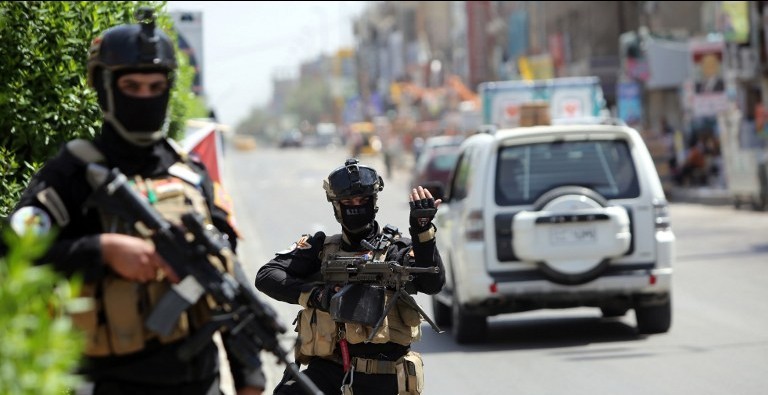
The two main sects within Islam are not at all like the various sects within Christianity, or, for that matter, within Judaism. Sunnis hate Shiites and Shiites hate Sunnis. Since the middle 7th century, each side has taught and preached that the other side is practicing a corrupt form of Islam. It is because the other side is practicing corrupted Islam that the true followers (whichever side that is) believe it is their obligation to teach about the denial and the destruction of the other.
It began with the death of Muhammad in 632. Muhammad failed to declare a successor. That decision caused a divide among his followers. Sunnis believed that the best successor should emerge from among the students of Muhammad. Shiites believed that Muhammad’s mantle of leadership should be passed down through the family.
Sunni is the larger sect, comprising about 85 percent of Muslims. Shiites comprise the remaining 15 percent. There are other, smaller sects but their numbers worldwide are dwarfed by these two groups. The largest country with a Shiite majority is Iran. Iraq also has a majority of Shiites, about 60 percent.
Every once in a while, Sunni or Shiite leaders announce their intention to unite the factions in order to confront a common enemy. The pitch always sounds good, but almost always falls flat. The common enemy they most often speak of is the West — specifically Israel and the United States.
If these two Muslim sects were to stop their conflict, the Middle East would be a different place. Not a peaceful place, but a place with differently focused conflict. For instance, much of the tension in Syria is Shiite versus Sunni. The conflict in Yemen is Shiite versus Sunni. And the power struggle engaging Iran and Saudi Arabia is, of course, Shiite versus Sunni.
And yet, despite the conflict, every Friday over the past few weeks, Shiites and Sunnis in some Iraqi cities have come together in major squares. By the tens of thousands, sometimes even by the hundreds of thousands, they have gathered united, as one voice, in protest over the current divisive situation. The slogans they are shouting and the placards they are raising say, “Sectarianism is dead” and “Stop stealing from us in the name of religion.”
Iraqis are coming together in main squares in Baghdad and Basra to call upon their politicians to stop quarreling and quibbling. The protesters want services — education, water and electricity. For years, their politicians have told the citizens of Iraq that the problem in government is religious sectarianism — Shiites versus Sunnis — and now many young people in Iraq are saying that they aren’t buying it any more.
Young Sunnis and young Shiites want accountability. More crucially, they want to know why ISIS has succeeded in taking over huge swathes of Iraq. In today’s world, if anything is to unite Sunnis and Shiites, it will be ISIS. To put it succinctly, other than the West, right now, the only thing that Shiites hate more than Sunnis and Sunnis hate more than Shiites is ISIS. The Iraqi people want unity among conventional Muslims to fight and rid Iraq of extremist ISIS.
Shiite militias are operating under an umbrella called Popular Mobilization Units (PMUs), while Sunni tribes are much more loosely aligned in their fight and are against ISIS more independently — tribe by tribe. In the end, through unity of forces, they could possibly be successful and turn their country around. But it is a long shot.
The fear of ISIS brutality is everywhere in Iraq. While gathering in town squares as a way of protest is empowering, the fear of beheading at the hands of ISIS is still, understandably, a major disincentive to organizing, fighting, and resisting. When 800 ISIS members marched into Mosul in June of last year, 55,000 Iraqi police and soldiers ran away. A city of two million people collapsed into the hands of 800 ISIS members.
So, while Shiite-Sunni unity is the only real chance for success in fighting ISIS, given their ancient hatred for each other, coupled with ISIS intimidation, I don’t see Muslim unity in Iraq’s immediate future.
Micah D. Halpern’s latest book is Thugs: How History’s Most Notorious Despots Transformed the World through Terror, Tyranny, and Mass Murder.
